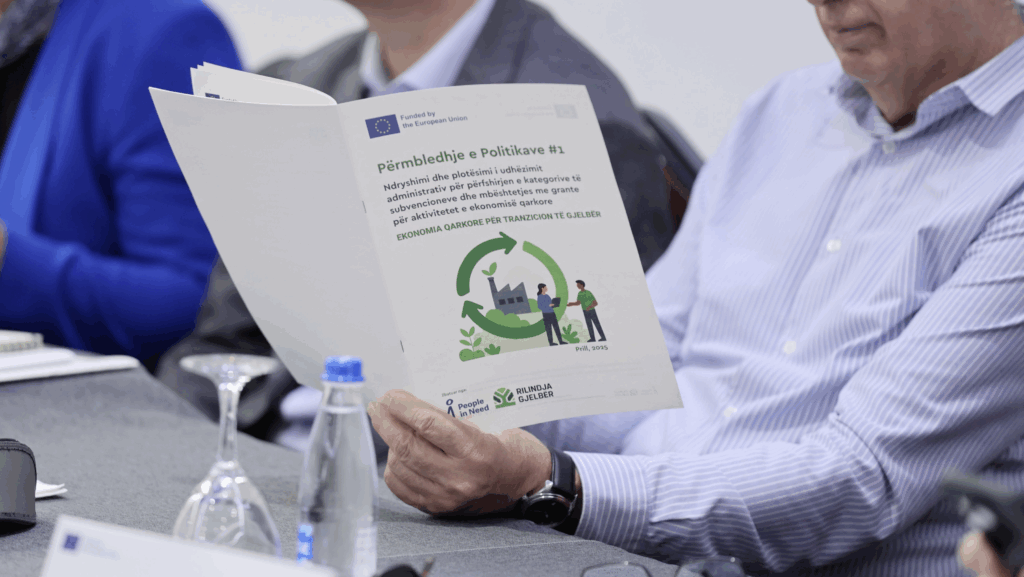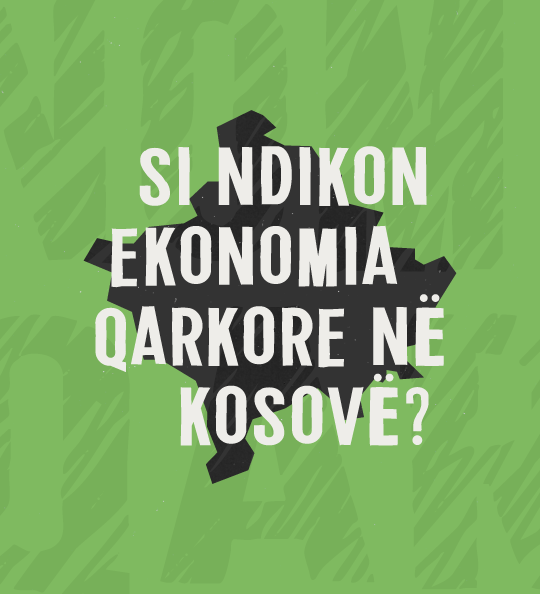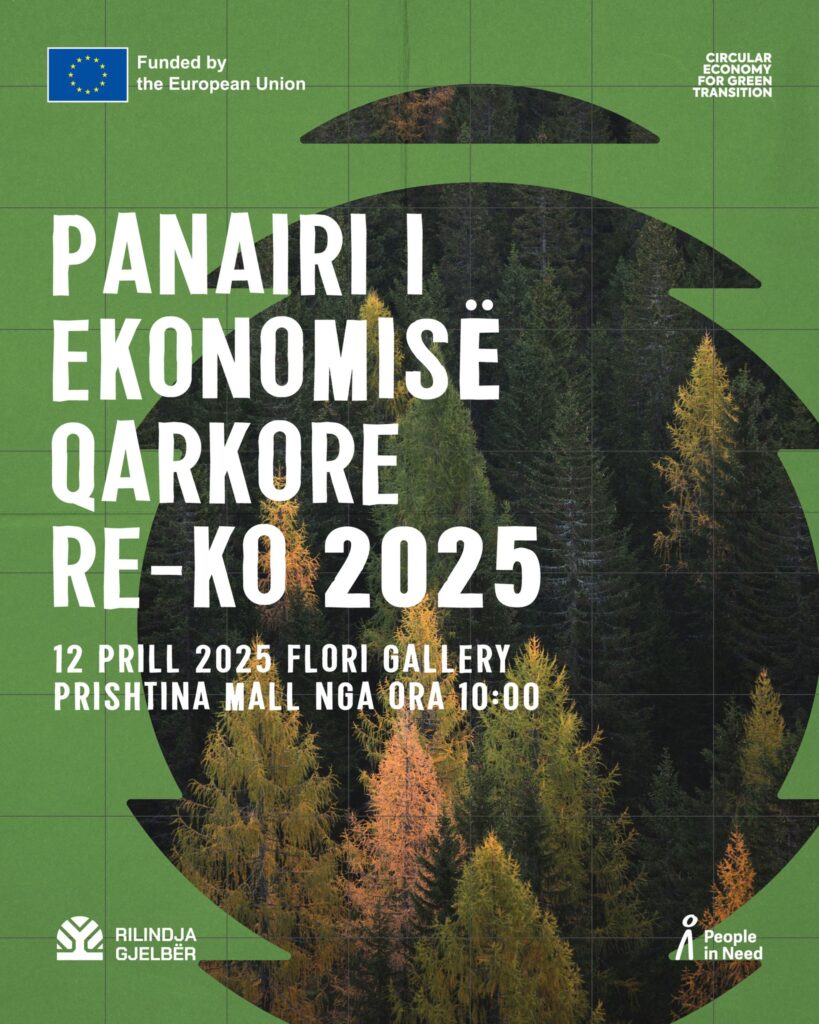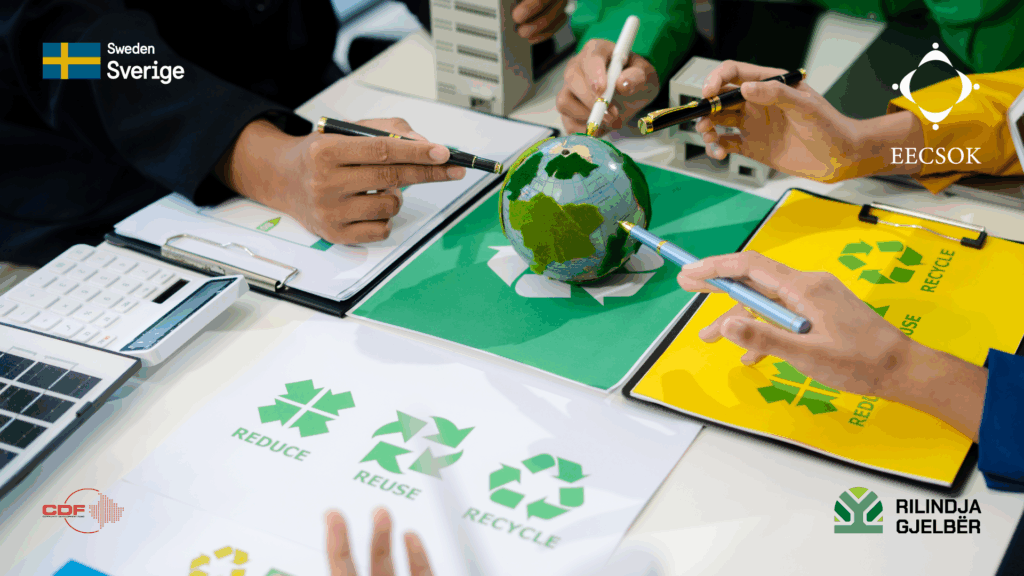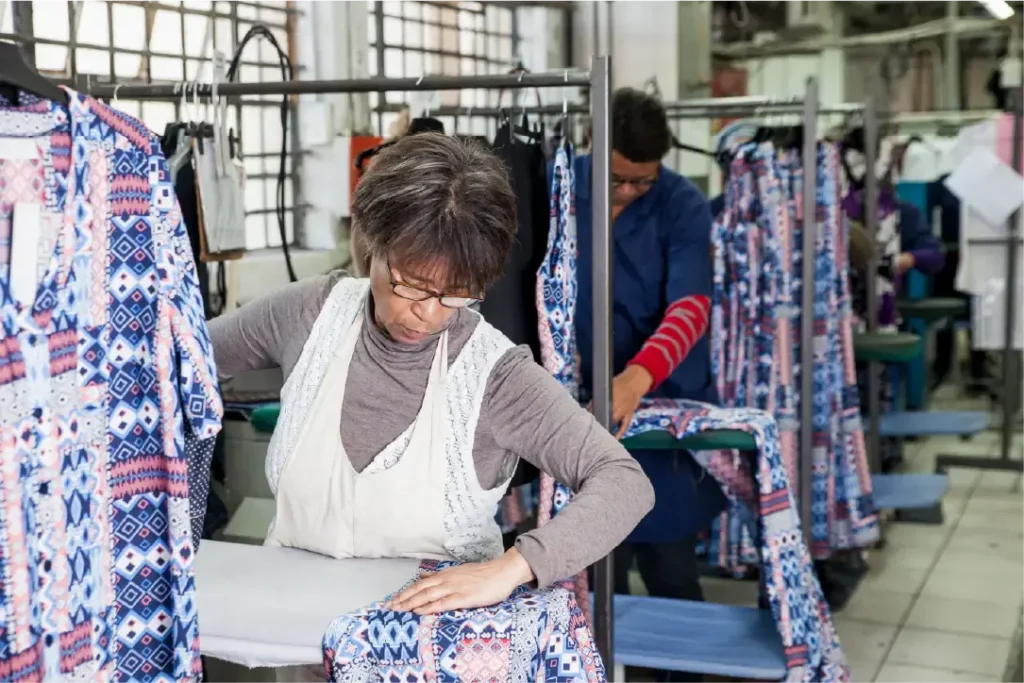The Structural Challenges and Opportunities of Recycling and Waste Management in Kosovo
Despite its benefits, Kosovo faces multiple obstacles in developing an effective waste management system.
Introduction
Kosovo, like many emerging economies, is grappling with the mounting challenges of waste management and recycling. Despite its relatively small size, the country generates over 400,000 tons of municipal waste annually, yet it lacks a comprehensive and efficient system to manage this growing volume sustainably (Kosovo Environmental Protection Agency, 2024). Kosovo’s waste problem not only threatens public health but also undermines the country’s potential to develop a green and circular economy in line with European Union (EU) environmental directives.
While the benefits of an effective recycling and waste management system are clear—including reduced environmental degradation, new green job opportunities, and alignment with the EU Green Agenda—several structural barriers hinder Kosovo’s progress. This article examines the major challenges facing Kosovo’s waste sector, explores potential solutions, and outlines long-term strategies for building a resilient and circular waste management system.
Key Challenges in Kosovo’s Waste and Recycling System
1. Lack of Waste Sorting at the Source
A fundamental barrier to effective recycling in Kosovo is the absence of waste separation at the source, both in households and in the business sector. Waste is predominantly mixed, with recyclables such as plastics, glass, and paper discarded together with organic and hazardous waste. This practice severely limits the quantity and quality of materials that can be effectively recycled.
The lack of a mandatory national waste separation system exacerbates the problem, as there are no clear obligations for households, commercial establishments, or industries to sort their waste streams.
Recommended Action:
Kosovo must implement binding legislation that requires systematic waste separation at the source. Introducing financial incentives for households and businesses—such as reduced waste collection fees for those who comply—could encourage behavioral change. This should be supported by clear guidelines and widespread infrastructure, including color-coded bins and standardized collection points.
2. Limited Recycling Infrastructure and Processing Capacity
Kosovo currently lacks a robust recycling infrastructure. The country has a handful of recycling facilities, and these are primarily focused on the processing of scrap metal and selected types of plastics. There is little to no domestic capacity for processing other essential recyclable materials, such as paper, glass, organic waste, or complex plastics.
As a result, a significant portion of potentially recyclable materials is either exported to neighboring countries for processing or ends up in local landfills. The export of recyclable waste represents a missed opportunity to create jobs and stimulate economic activity within Kosovo.
Recommended Action:
Kosovo must prioritize investments in modern recycling plants capable of processing a broader range of materials domestically. This includes facilities specialized in paper recycling, glass recycling, organic waste composting, and the production of secondary raw materials. Public-private partnerships (PPPs) could be leveraged to attract private sector investment into these critical areas.
3. Low Public Awareness and Limited Stakeholder Engagement
A significant portion of Kosovo’s population is insufficiently informed about the importance of recycling, the environmental consequences of poor waste management, and the economic opportunities tied to the circular economy. Moreover, businesses lack the necessary incentives to shift to sustainable waste practices, often viewing recycling as an additional operational cost rather than a potential value stream.
The absence of a coordinated national awareness campaign has hindered the ability to foster a culture of responsible waste management among the general public and key stakeholders.
Recommended Action:
The government, together with civil society and the private sector, should launch comprehensive awareness-raising campaigns. These should focus on promoting the benefits of recycling, the environmental and health risks of improper waste disposal, and the long-term economic benefits of adopting circular economy practices.
In addition, educational programs targeting youth, schools, and universities could play a crucial role in embedding sustainable habits in the next generation of workers and entrepreneurs.
4. Illegal Dumping and Weak Enforcement of Waste Regulations
Unregulated dumping of waste in rivers, forests, and public spaces remains a chronic issue across Kosovo, posing severe environmental and health risks. Open burning of waste, particularly plastic and mixed refuse, is still common practice, releasing toxic substances such as dioxins and heavy metals into the air.
Part of the challenge stems from insufficient enforcement of existing laws. Regulatory bodies tasked with monitoring and penalizing illegal waste disposal operate with limited resources, preventing them from effectively deterring violations.
Recommended Action:
Kosovo must strengthen its legal and institutional framework for waste enforcement. This requires increased staffing for environmental inspectorates, enhanced capacity for waste tracking and surveillance, and the imposition of higher penalties for illegal dumping and burning. Mechanisms such as community-led waste monitoring could also be piloted to complement governmental oversight.
Strategic Pathways for Improving Waste Management in Kosovo
To transition from a linear and fragmented system to an integrated circular waste management model, Kosovo will need to implement a set of coordinated, long-term strategies. Below are key recommendations.
Implementing Extended Producer Responsibility (EPR)
Extended Producer Responsibility (EPR) is a globally recognized approach that shifts the responsibility for waste management from municipalities and taxpayers to the producers of products, particularly those with short lifespans or high environmental impact (e.g., plastic packaging, electronics, and hazardous goods).
Under EPR, producers are required to finance the collection, sorting, and recycling of the products they put on the market.
Benefits of EPR:
- Encourages eco-friendly product design and reduced material usage.
- Ensures manufacturers internalize the environmental cost of waste.
- Relieves municipal budgets by reducing the financial burden of waste collection and disposal.
Kosovo should adopt EPR regulations tailored to key sectors such as packaging, electronics, and construction materials.
Expanding the Deposit Refund System (DRS)
A Deposit Refund System (DRS) for beverage containers (plastic bottles, glass bottles, and aluminum cans) is a proven method to reduce littering and increase recycling rates. Under DRS, consumers pay a small deposit at the point of purchase, which is refunded when they return the container for recycling.
Benefits of DRS:
- Reduces litter in public spaces and natural areas.
- Incentivizes consumer participation in recycling programs.
- Enhances recovery rates for high-value recyclable materials.
DRS has been successfully implemented in many EU member states, including Germany and Lithuania, where return rates for containers often exceed 90%.
Creating Circular Economy Innovation Hubs
Kosovo should develop dedicated hubs and incubators that support startups and SMEs engaged in circular economy sectors such as waste collection, recycling, and upcycling.
Key components:
- Access to financing and seed funding for circular economy enterprises.
- Technical assistance and mentoring for green startups.
- Infrastructure for experimentation with new recycling and waste-to-product technologies.
These hubs would promote entrepreneurship and innovation while generating green employment and contributing to local economic diversification.
Developing a National Waste Sorting and Recycling System
Kosovo must establish a comprehensive and standardized waste sorting system, including:
- Mandatory color-coded bins for households, businesses, and public spaces (e.g., plastics, paper, glass, organics, residual waste).
- Modern collection points in both urban and rural areas.
- National-level logistics networks for efficient waste transport to processing facilities.
A national sorting system will enable a steady supply of clean recyclables for processing plants and reduce the environmental burden of mixed waste streams.
Encouraging Green Entrepreneurship and Job Creation
By providing incentives and training programs for businesses operating in circular economy sectors—such as composting, material recovery, and sustainable product design—Kosovo can create thousands of jobs, especially for young people and rural communities.
Policy recommendations:
- Launch grant programs targeting young entrepreneurs in the green economy.
- Provide tax incentives for businesses adopting circular business models.
- Foster partnerships with vocational training centers to develop curricula focused on circular economy skills.
Conclusion: The Road Toward a Circular Waste Management System
Kosovo’s transition to a circular waste management model is both an environmental necessity and an economic opportunity. By modernizing its waste infrastructure, implementing regulatory reforms, and fostering a culture of sustainability, Kosovo can:
- Reduce the environmental burden of landfills and illegal dumping.
- Unlock new markets and employment opportunities within the green economy.
- Improve public health outcomes by minimizing pollution-related risks.
- Align its policies with EU waste management standards, strengthening its path toward European integration.
The transformation will require coordinated action from all sectors of society—including government bodies, private companies, civil society organizations, and individual citizens.
Now is the time for Kosovo to invest in sustainable solutions, empower communities, and lead the region in building a cleaner, circular, and climate-resilient future.

